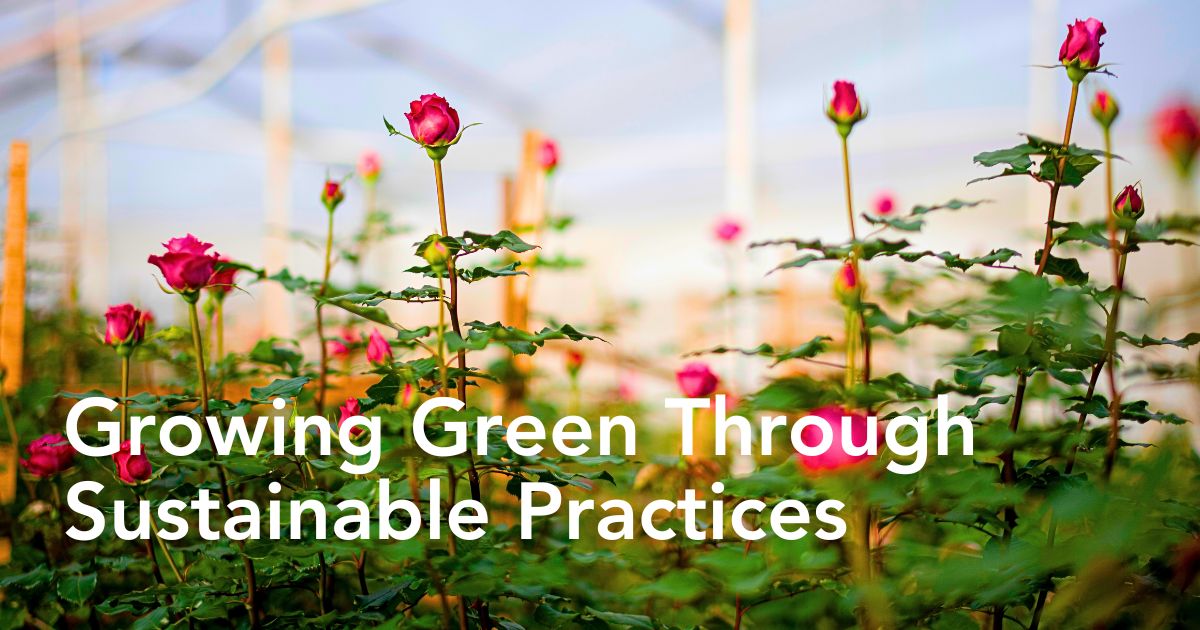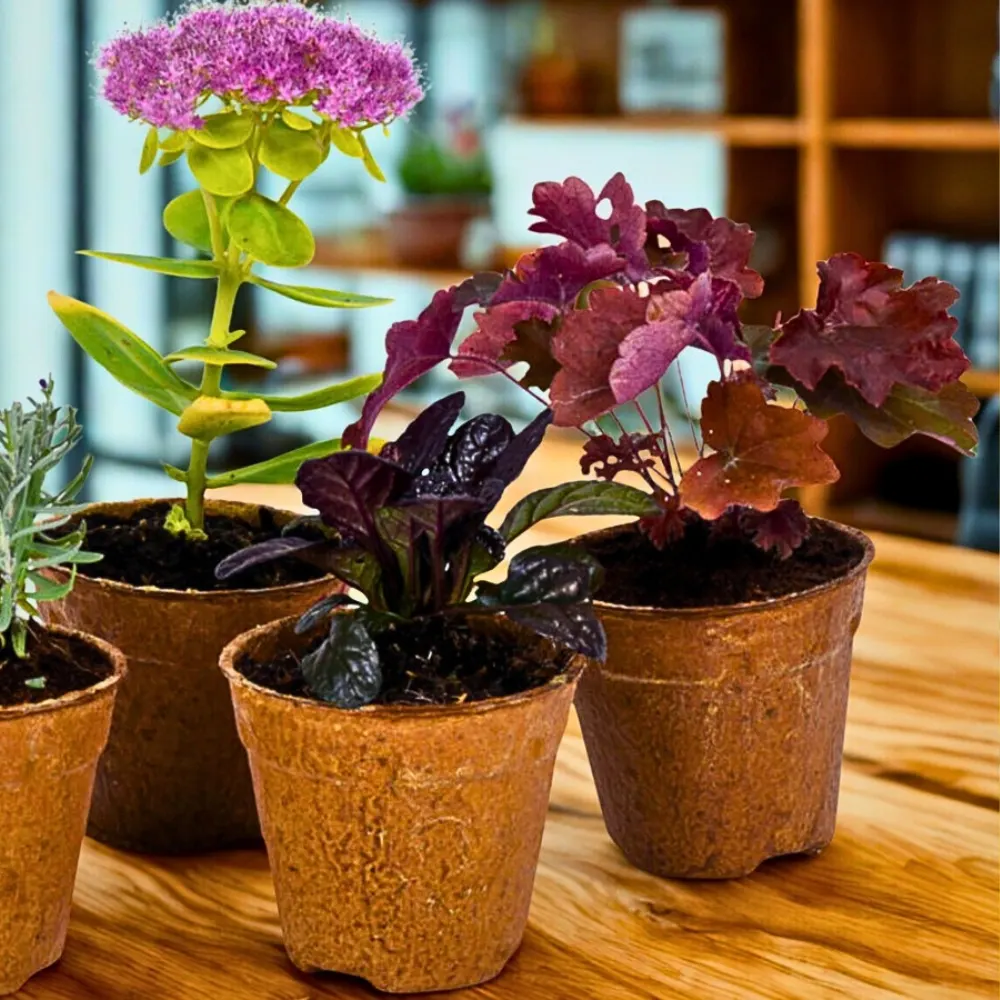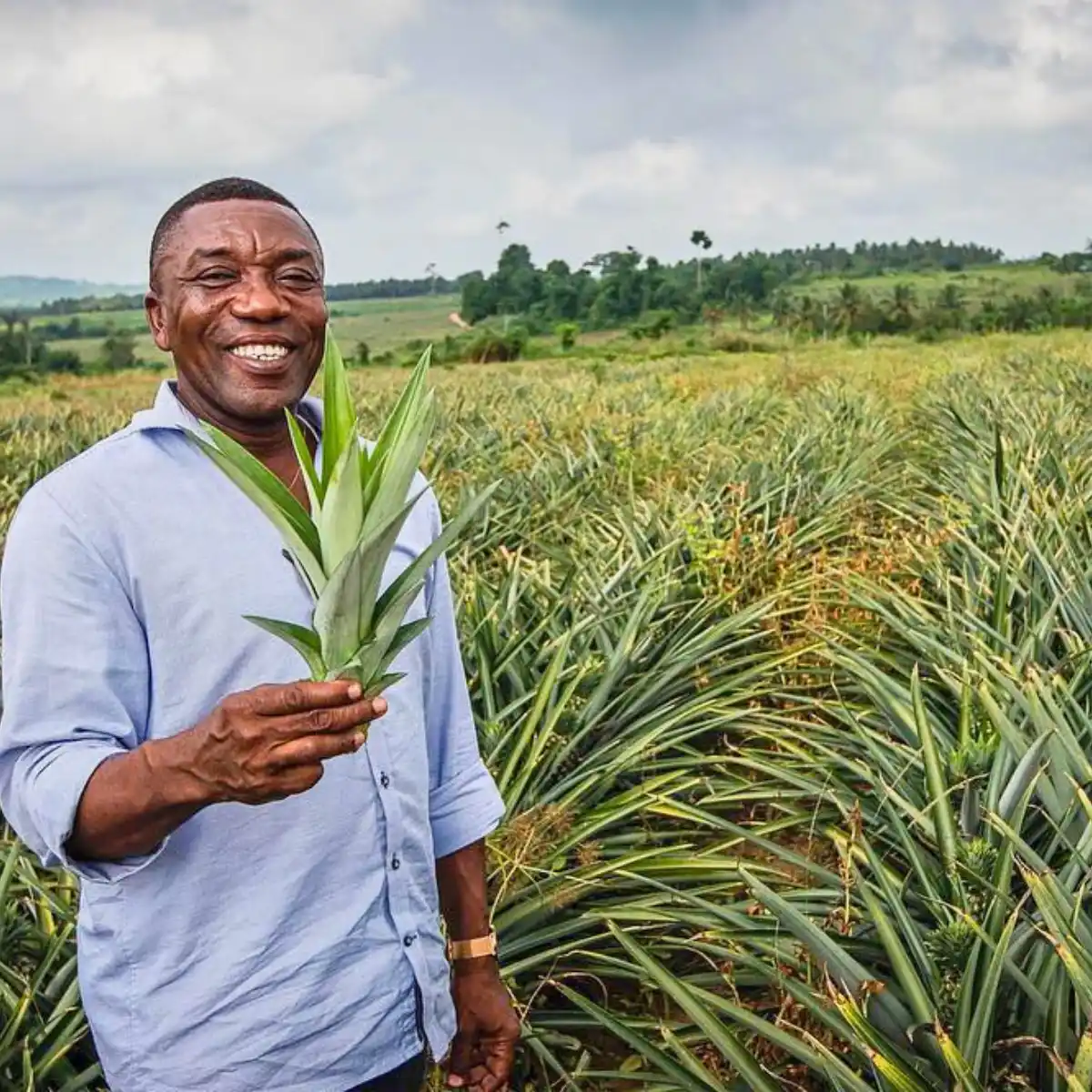As of 2024, Alexandra Farms is once again certified by Florverde Sustainable Flowers, an independent organization of social and environmental standard practices that guarantees a seal of responsible production to businesses under their program. The certification was accomplished through consistent care and consideration of processes affecting farm operations and the production of garden roses and diversified stems. While their San Ignacio farm has consistently earned this certification, it is a significant success for 'El Jardin' location, which has now earned the certification for the second year in a row.
Florverde Recognition - Alexandra Farms Continues Its Eco-Friendly Rose Journey
Over three days, external certification partner Naturacet thoroughly audited both of their farm locations on behalf of Florverde. During the certification process, they consider three general principles. First, sustainability must be proven through production processes and environmental considerations. Second, employees must be afforded a safe environment in which to work. Finally, guaranteed benefits must be provided to all employees, with at least the minimum governmental requirements. This certification has been given to the production of their garden roses as well as diversified products, like their gorgeous dahlias.
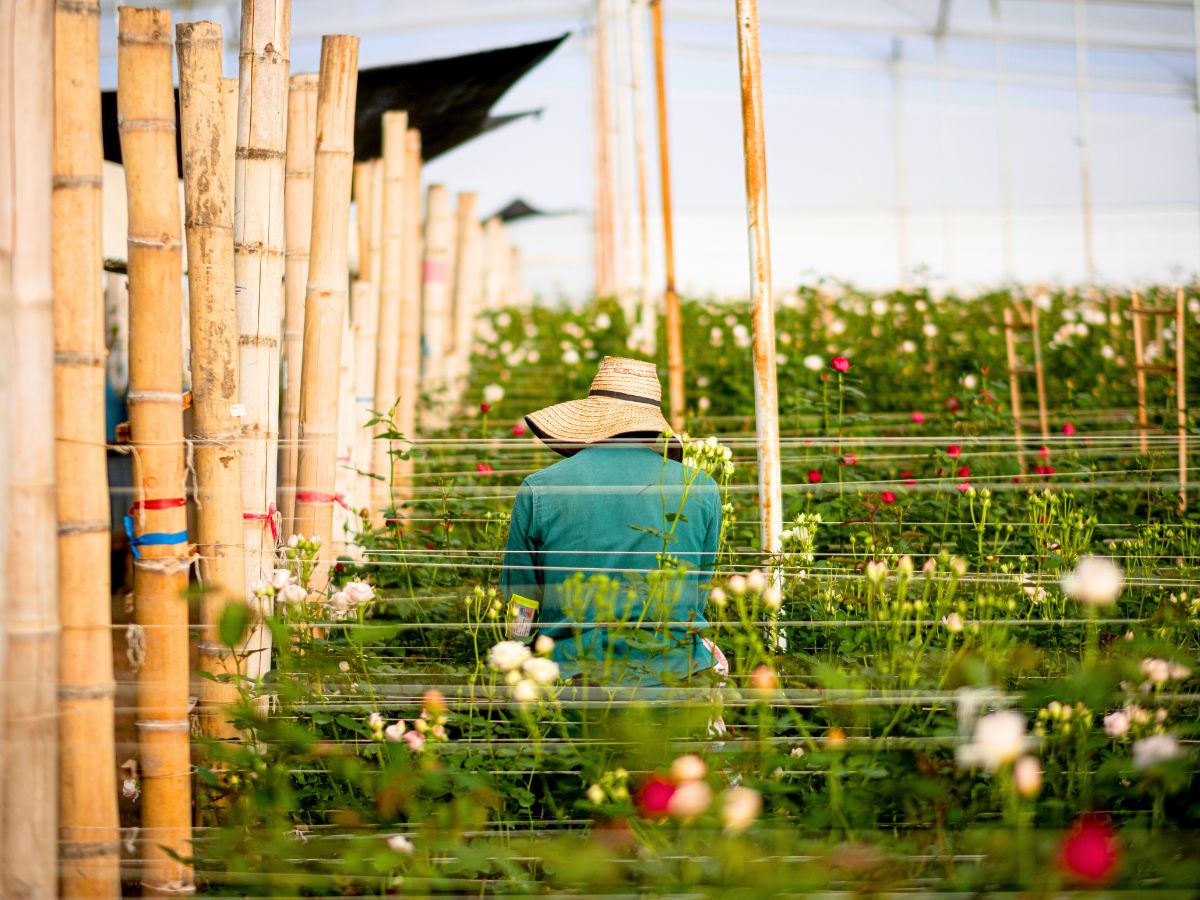
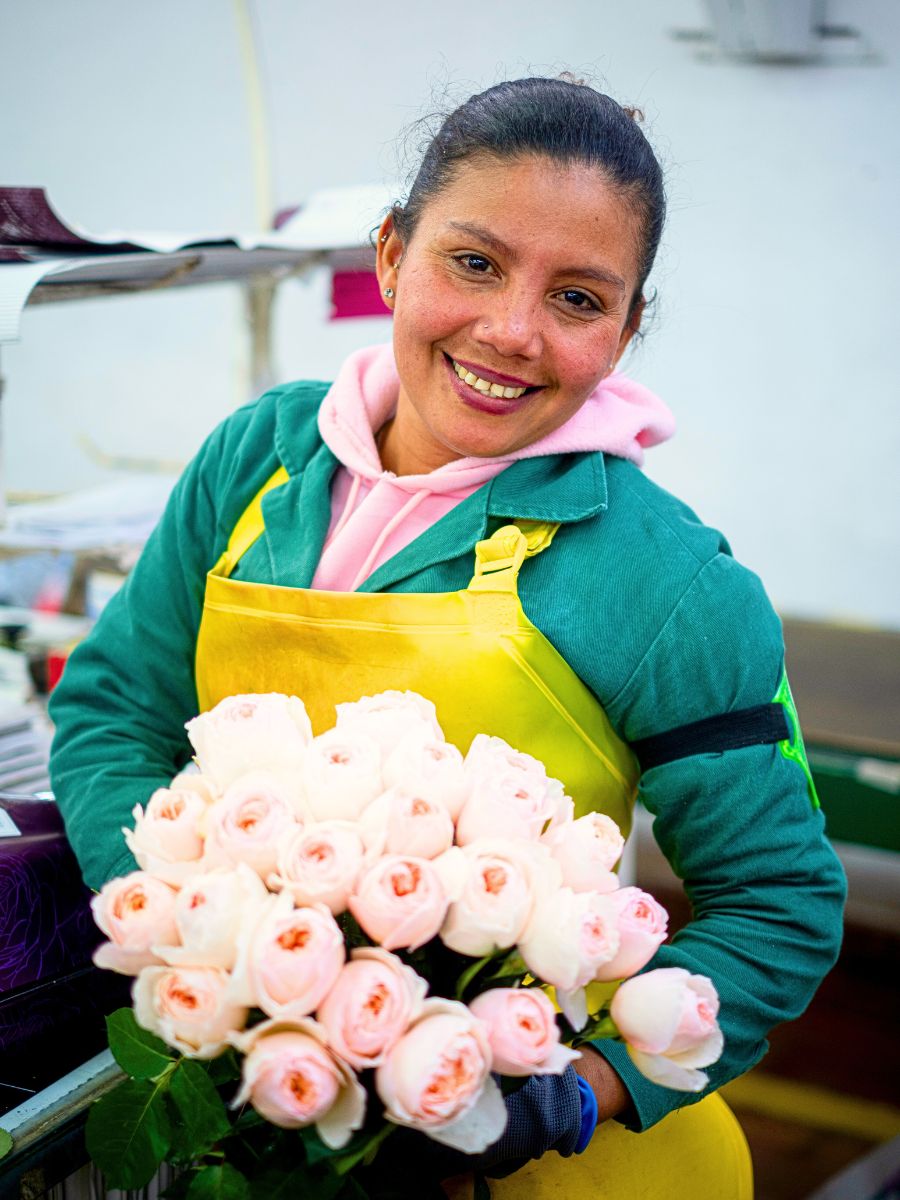
The Programs in More Detail
Alexandra Farms has developed numerous programs designed to meet Florverde’s requirements by consciously and responsibly optimizing processes for minimal environmental impact. With sustainability as one of their main objectives, programs have been created to manage and minimize chemical use on farms, protect employees against chemical exposure, and preserve natural resources within the production chain. Programs were implemented to preserve a natural and biodiverse environment on the farms, maintain the balance between productive and native crops, and eliminate process waste with multiple sustainable measures aiming to reduce carbon emissions.

All in all, they have created a safe, supportive and healthy environment for employees by developing integration spaces, providing necessary safety equipment for physical work on-site, offering opportunities to maintain a healthy work-life balance, and creating awareness programs to protect mental and physical health.
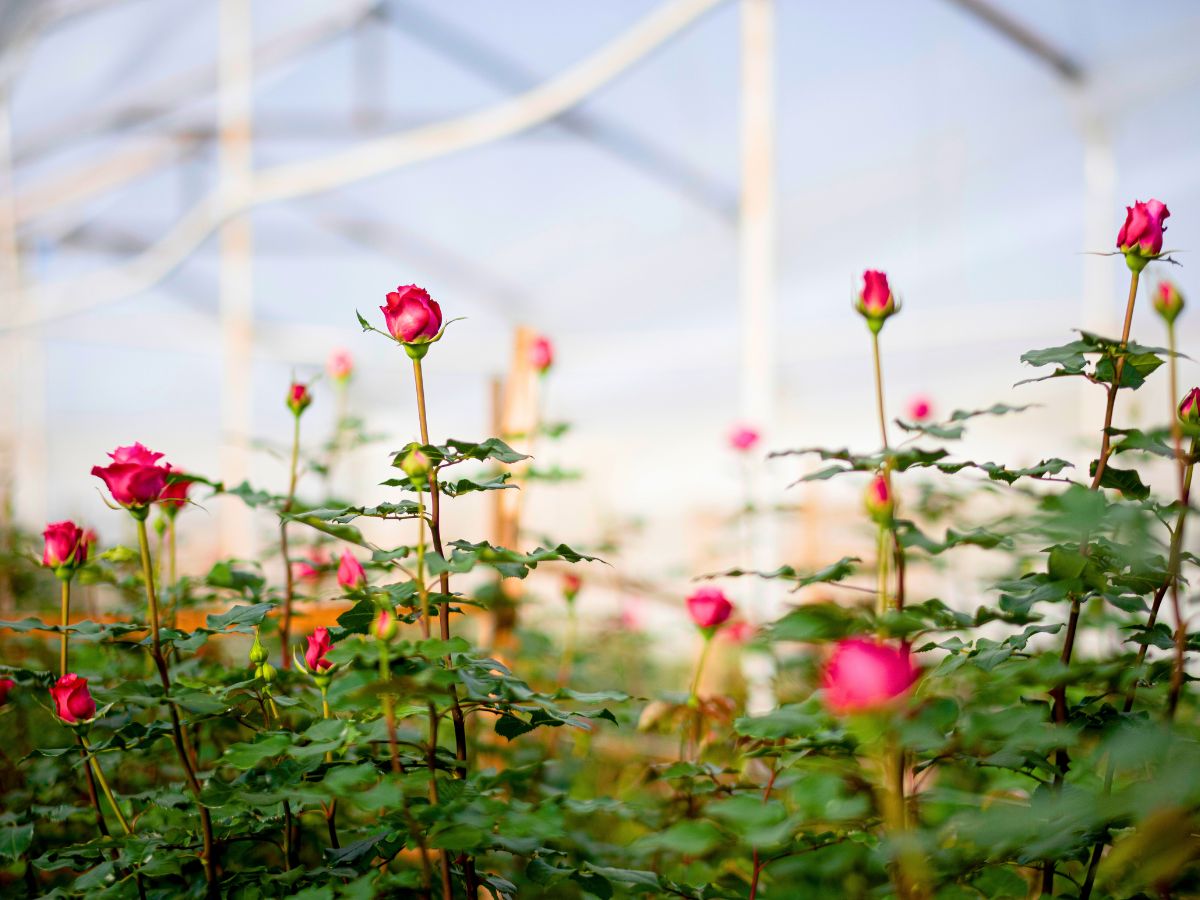
Water Management and Preservation Program
This program aims to promote optimal and responsible use of water to contribute to its long-term preservation, guarantee its availability, and ensure a permanent production of floral and ornamental plants. They achieve this through controlling water’s caption and consumption, collecting rainwater, administering thorough systems and techniques of efficient irrigation, and water reutilization, among other alternatives.
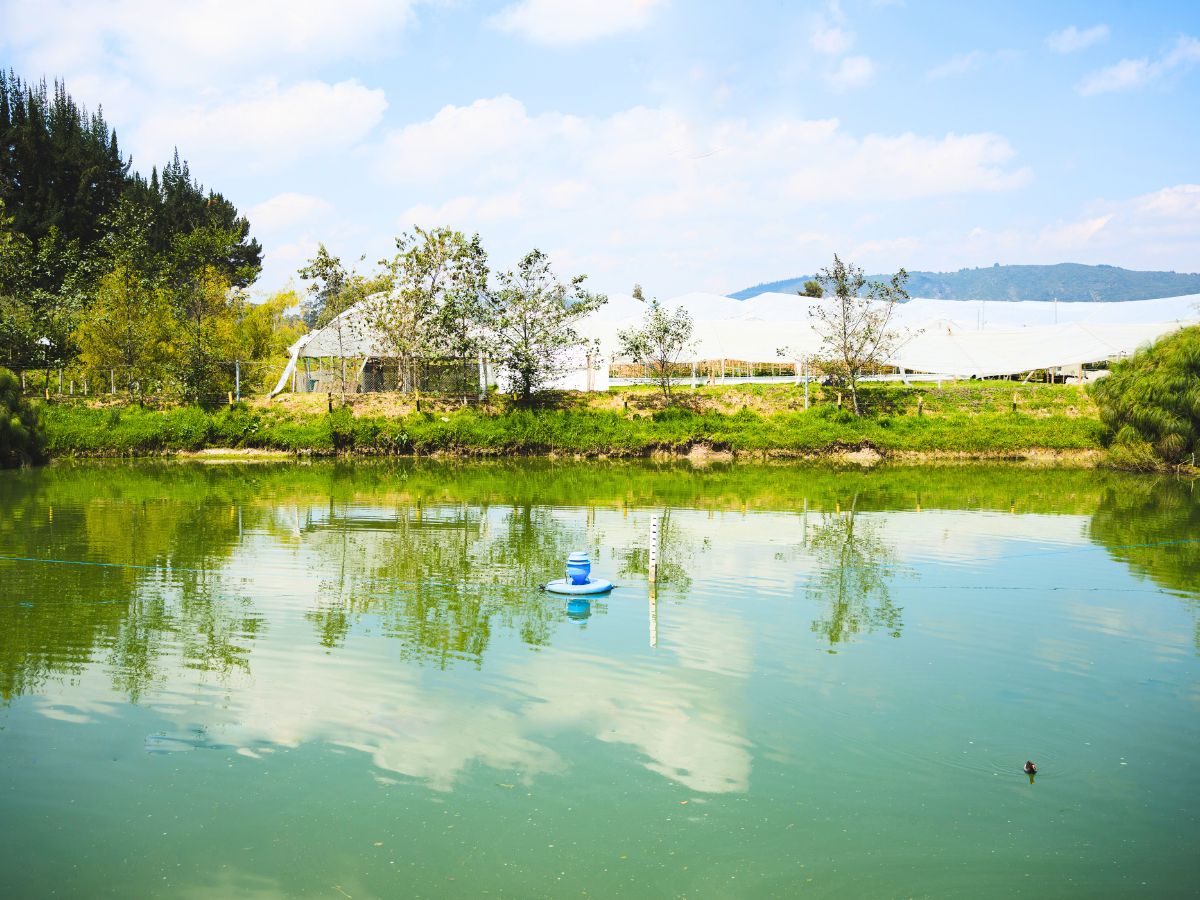
Soil Conservation, Substratum, and Fertilization Management Program
This is focused on seeking alternatives for proper soil management about soil complimentary substratum and irrigated fertilizers in a way that would allow the reduction of supply costs and aim for soil conservation, minimizing contamination risks. All these practices employ strategies to prevent the soil’s deterioration and erosion.
Fertilization must be utilized according to the necessities of the crops and the characteristics of their soil or substratum to avoid loss of nutrients or possible contamination. When the soil is replaced by some substratum (such as coconut fiber or husks of rice in their case) as a medium for crop growth and development, it is necessary to evaluate and take all factors into account to reduce the impact on the environment as much as possible. The safe management of fertilizers contributes to the prevention and control of human health risks and that of the natural soil systems.
Landscape and Biodiversity Program
This one aims to promote biodiversity conservation within the area of their farms and their surroundings. Their activity and the improvement of the work environment impact the recovery of their natural landscape. Through the management of green areas and barriers among native vegetable species, and with the incentive to cultivate within their employees a culture of care and handling for them as well as production harvest, they maintain an inventory of flora and fauna found at the farm with which we educate their personnel on preservation and care.
Maintenance, Carbon Footprint, and Energy Program
This program promotes using renewable energy sources and energy-based conventional optimization through technological reconversion and the proper employment of operative practices. This is where the training and education programs are tied to the process, ensuring every employee correctly handles equipment, machinery, and tools. Additionally, as a business susceptible to climate change, they foment the development and practices to compensate for or minimize greenhouse gas emissions to reduce the carbon footprint.
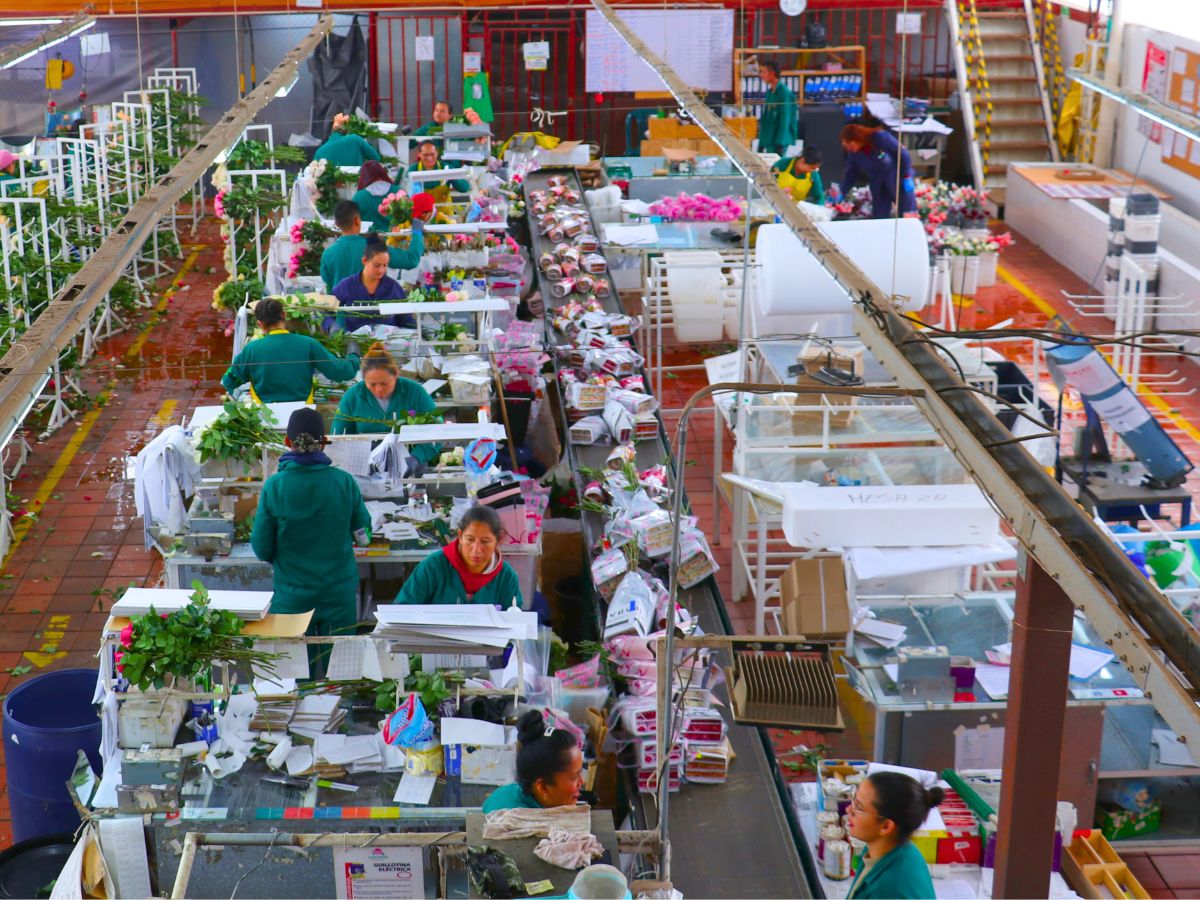
The Integral Residue Management Program (P-Gir)
This one specifically avoids contamination to have a clean and organized unit of production. Residue care and handling are carried out throughout different processes, such as the initial minimization of residue generation in processes, the separation of materials and components from the source according to characteristics, secure storage of left-overs, reutilization and recycling of as many materials as possible (paper, cardboard, plastic, etc.). As a team, they train and introduce each of their employees to the proper use of said materials and keep a detailed inventory of everything that’s being used. This program also considers the disposition of dangerous residue from pesticides, herbicides, and fungicides. Authorized entities collect this chemical residue to treat it appropriately and dispose of it.
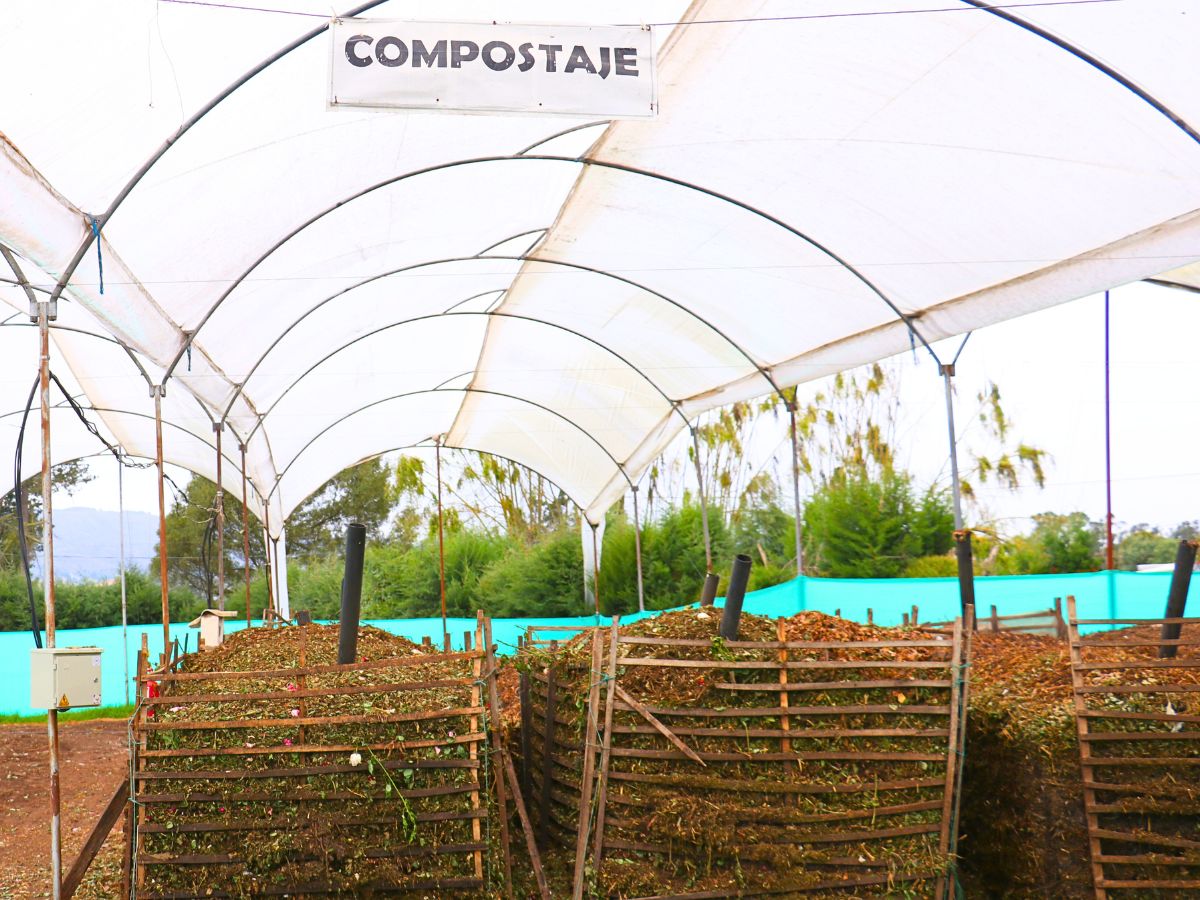
Growing Responsibly and Sustainably With the Florverde Certification
Furthermore, from the social environment perspective, Florverde can certify that Alexandra Farms meets the legal requirements in the work field and has implemented better practices that lead to extra benefits for the personnel. Under these programs that they have developed to bring a greater sense of the well-being of their workers, they can highlight the following:
- Organization, planning, and orientation of formation programs for employees
- Optimal and evident mechanisms of workers’ participation, ensuring their voices are heard, through committees of representatives, brigades, delegates, COPASST (Safety and Health Awareness in the Workplace Committee), COCOLA (Work Connivance Committee), and integration activities
- Financial aid to subsidize nutrition costs
- Social and psychological orientation and guidance
- Recreational activities around holidays and celebrations
The Colombian company guarantees the guidelines that allow improvement to the work environment and the social atmosphere for their employees, salvaging their physical and mental health and conditions through the following care handles:
- Legal endowment
- Personal Protection Elements (PPE), specific to the workers’ area and risk exposure
- Activities that promote health and prevention of sickness
- Active pauses in the work day to minimize ergonomic risks
- Provide a friendly, personal, and comfortable space for mothers during a period of lactation
- Guarantee safe spaces for work
- Interaction with external entities (public and private) to bring workers access to the benefits they offer
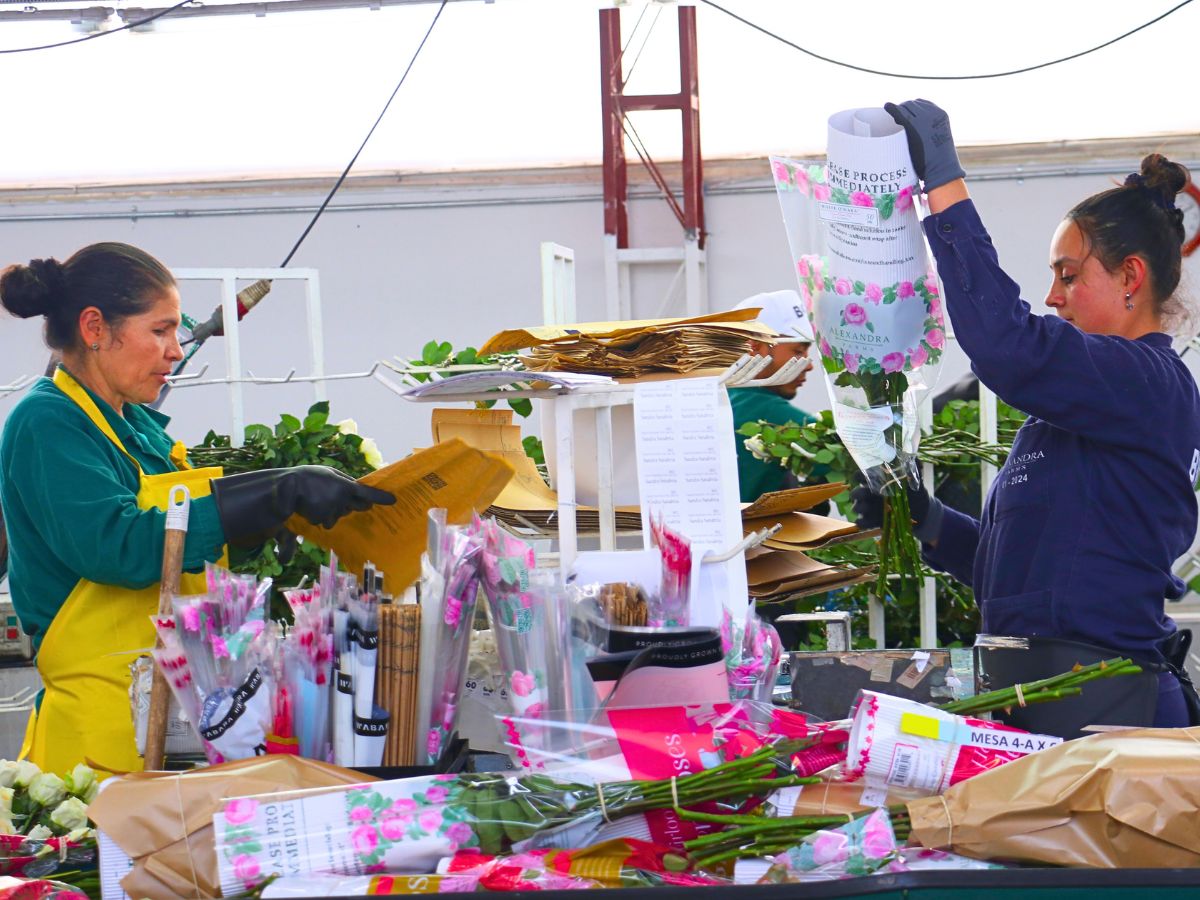
These programs enable everyone in the team to always aim for a high-quality ethical approach in their work. Alexandra Farms makes efforts to remain sustainable and respectful of the environment in regards to maintaining their carbon neutrality (a measure of counteraction to every operation that intervenes with the ecosystem like planting native trees, recycling, and converting organic waste into compost and managing the best use of resources like water and energy). They also grant opportunities, attention, and care to create a gratifying work environment for employees and guarantee that they can always deliver ethically harvested and high-quality products and retribute to their people.
To know more about them and their stupendous rose collections, head to Alexandra Farms' website.
Photos courtesy of Alexandra Farms.

